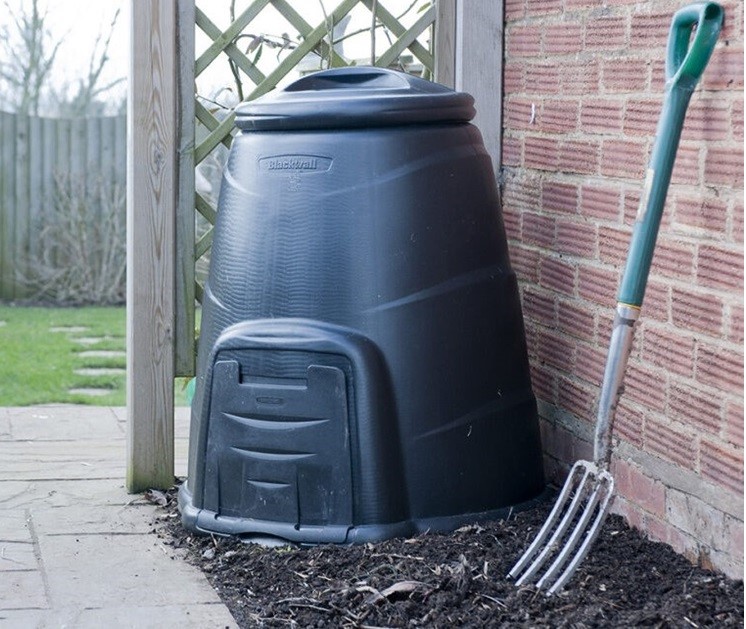Hot tips for cold composting

How you can compost during the winter months to help the environment?
P R E S S R E L E A S E
23 January 2024
Hot tips for cold composting
Even though we are in the middle of winter don’t let that put you off composting over the colder months.
Composting for just one year can save greenhouse gases equivalent to all the carbon dioxide produced by a kettle for one year, or a washing machine for three months.
Not only is composting good for the environment but it is also good for your garden, helping to promote healthier soil and plants. It is also good for your pocket as it can help save on buying expensive soil improvers.
So don’t let winter stop you from turning garden waste into garden goodness!
Alistair Beattie is the Community Education Liaison Officer based at the award-winning BDR Waste Treatment Facility at Manvers, which diverts 97 per cent of Barnsley, Doncaster, and Rotherham household waste from landfill.
“With the suspension of garden waste collections over the winter months we wanted to promote the benefits of home composting,” said Alistair.
“We know many people are trying to reduce their carbon footprint, and home composting is one way of doing this and can save people money on fertilisers for the garden.
“Although home composting in colder weather is more challenging than in summer, it is still possible to produce great results to get your garden off to a flying start next spring!”
Here are some handy tips for composting during the colder months.
Cover it up
The autumn and winter months usually mean colder and wetter weather. If you have a cold composting system (such as plastic, or wooden bin), make sure that your bin has a cover to keep rain out and heat in. if too much rain gets in, it could cause your compost to become waterlogged and slow down the composting process.
Chop and shred
Chop up and shred materials (especially woody ones such as trees and twigs) before adding them to your bin. This creates more surface area so organisms in your bin can break the material down faster.
Keep it balanced
Keep the balance of green and brown materials right - this should be about 50/50. There tend to be fewer green materials over the winter months so make sure you don’t overwhelm your heap with too much brown material as it can cause it to dry out.
Turn it
Air in your compost heap is crucial to the composting process. Turning your compost allows more air to enter your heap and helps boost organism populations that decompose the materials.
You can turn it with garden tools or by emptying out your bin and refilling it.
Insulate
Cover your bin with flattened cardboard boxes, straw, old carpet, and other insulating materials to keep your bin warm in colder weather. This will help the organisms that break the material down in the composting process to be more active.
To find out more about winter composting you can visit the Waste Less South Yorkshire website www.wasteless-sy.co.uk which offers lots of information on composting and other ways you can reuse and recycle to help save the environment.
Note to Editors: The waste treatment facility at Manvers processes around a quarter of a million tonnes of leftover waste a year from 345,000 homes across Barnsley, Doncaster, and Rotherham, turning it into useful products rather than sending it to landfill. For further information, contact Alistair Beattie on 07765 220452 or email Alistair.beattie@renewi.com